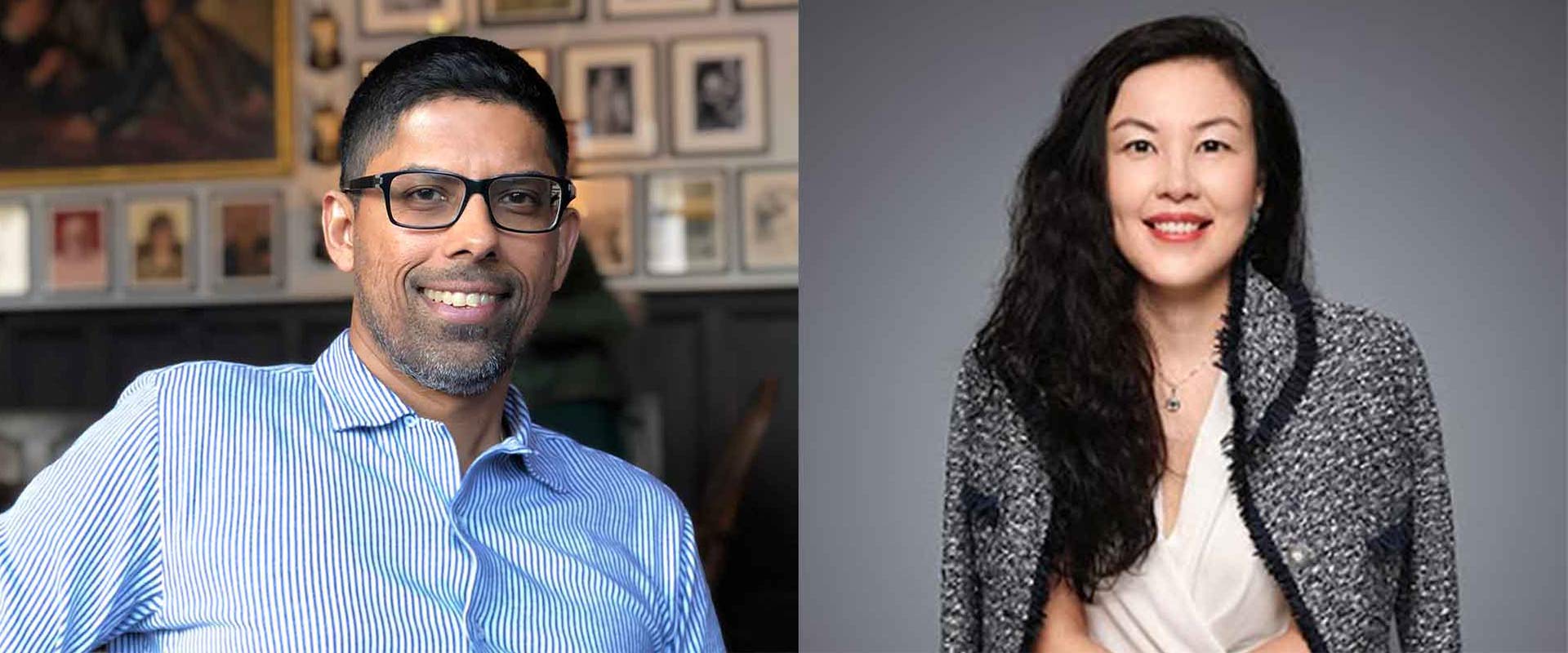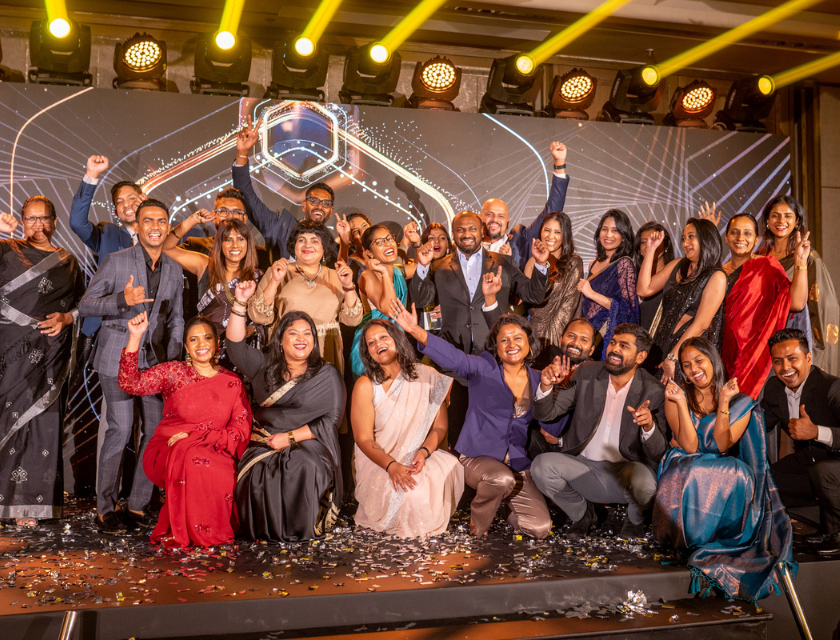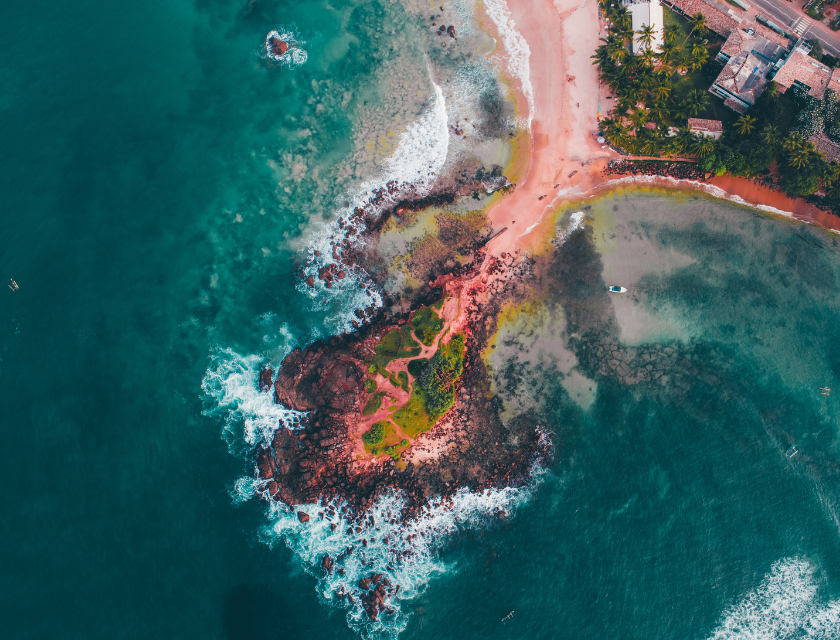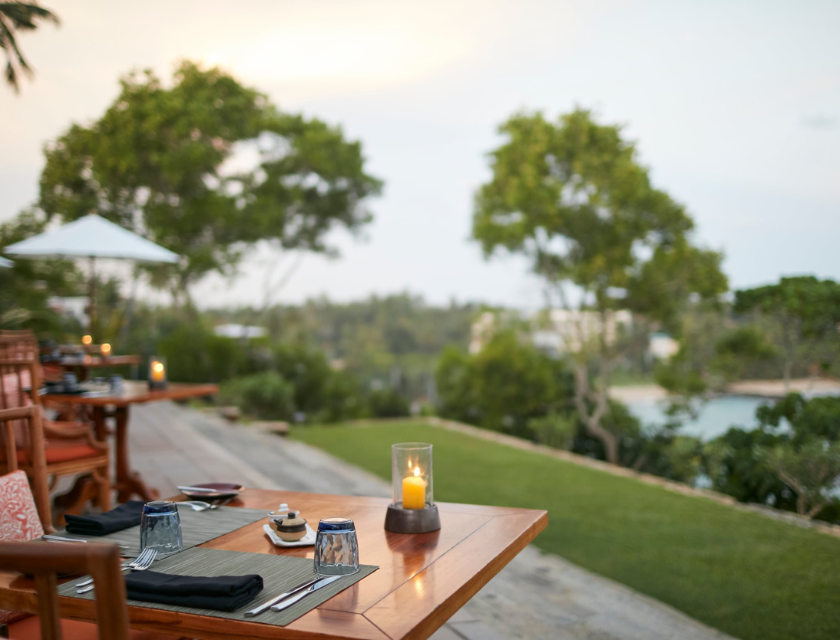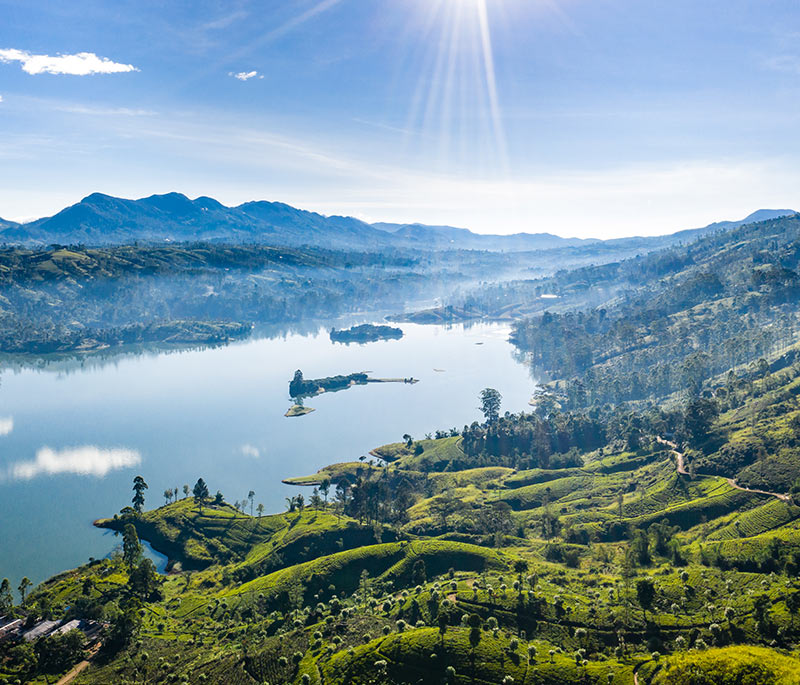Luxury Voices Part 2
Resplendent’s SafeStay Protocols and the MJF Foundation and Dilmah Conservation
Malik and Joanne speak about how the landscape of travel has changed post lockdown, Resplendent Ceylon’s SafeStay protocols and the important role of the MJF Foundation and Dilmah Conservation.
Joanne Tang:
There’s a growing demand for travel after the lockdown. Travellers have been dreaming of where they would like to be. There’s even a term “revenge” or “relief” travel for wanting to bust out of lockdown. And it’s predicted that luxury travel will come back even faster. What are your thoughts and what kind of market outlook and trends do you forecast, Malik?
Malik Fernando:
I agree travel cannot be substituted. People crave to travel and they spent a lot of time in lockdown researching their next trip, looking at photos from the last trip. And I don’t think it can never go out of style, because, unlike department stores or office buildings, it can’t be replaced by technology. Whatever virtual reality might do, far as I understand it, you just can’t replace the authenticity of being in that place. So, I do believe that higher-end, luxury resorts, Relais & Chateaux type resorts like our own, which offer space, and are nature-focused, remote destinations with automatic physical distancing are going to be in vogue.
I think that the relationship type resort will benefit very strongly. And I think you’re going to have longer stays, given the hassles with flights etc. Also, the fact that you can work from wherever you are, there will be less hopping around. Multi-generation travel is also going to be big as families have been separated. So, I do believe that travel will come back in a big way, particularly when protocols are in place and that luxury travel I think will come back faster, particularly with the cost of flights etc potentially going up.
Joanne Tang:
Yes, staying in one destination within one trip, longer holidays, staying in, enjoying the hotel facilities and multiple family trips. That’s the exact audience that is perfect for Resplendent Ceylon.
Malik Fernando:
Absolutely. And also, the fact that we have a circuit of three currently, and soon five, where you can stay within that circuit under the care of one company with its demonstrated safety protocols. There isn’t a handover from one company to another, so the fact that you could have one person, one small group taking care of your whole stay in the country, moving between resorts, which have a uniform level of safety control and service philosophies, is going to benefit us.
I think people are going to be moving around less. They want to work with a handful of trusted providers, and for travel advisors, trust is the new currency. Business through travel advisors will increase significantly versus OTAs, at least in the medium term. So, all of that bodes well for luxury accommodation.
Joanne Tang:
Your resorts have launched SafeStay, a dedicated health and safety guide for hotels to monitor and manage health and safety measurements. Despite compromising of low-density resorts in isolated locations, Resplendent Ceylon believes the guide is a chance show to ensure the protection of guests, staff, and respective communities. Can you tell us more about the initiative SafeStay?
Malik Fernando:
SafeStay is our health and safety protocol. Although we are a small hotel company, and generally these protocols are rolled out by the big groups, we thought considering our positioning, our guests and our requirement to be flawless in execution, we should use the first three or four weeks of the lockdown to look at all our processes and to develop this on the ground practically. As a result, our team has come up with SafeStay, which we’ve shared with industries. It’s been put out there for anybody to use. It can be applied across the board as it comprises 56 standards, to cover all aspects from the back of house, to the front of house to guest experience. It’s in a graphical layout, which is process centric. It’s not wordy and very easy to understand visually, complying with the guidelines of Sri Lanka Tourism and global best practices. But it’s also something that is crafted uniquely for our situations and our locations.
All staff have been thoroughly trained and get retrained. And the feedback from guests (the local guests that we’ve had) is that they feel reassured by what we do from the point of the reservation to the point of arrival, how we handle the housekeeping, how we handle the restaurant etc. They also appreciate that it’s not like a hospital. No one wants to go on holiday feeling that you’re in a medical institution. It’s got to be something discreet, but impactful and effective.
Recently at Wild Coast Tented Lodge, we did have a staff member who tested positive when he was at home, but we immediately fell in line with the protocol. We shut down the whole resort. We had the testing done. We had our contact tracing. We contacted all our former guests and tracked them through to ensure they got tested if necessary. And, we came through with flying colours. So, it was sort of an unintentional trial, but it worked well.
SafeStay is something which has got a whole team galvanized around protecting our guests, themselves, fellow ambassadors, team members, and the local community. And I would say that it’s a kind of case study for a health and safety protocol put out by a small hotel company.
Joanne Tang:
Having these safety measurements in place, I’m sure it’s reassured the guests very much. And I agree with you that all the safety measurements have to be done discreetly, so the guests don’t have to see it on a day-to-day basis when they are on the property.
Malik Fernando:
All they need to know is that the process is going on, but it’s not in their face. And I think we’ve got the balance right.
Joanne Tang:
Seeing how communities living in rural areas, which are dependent on tourism for income struggle, COVID-19 has adversely impacted livelihoods and businesses on an inconceivable level. As tourism is a lifeline for many rural communities, especially in Sri Lanka, you work closely with MJF charitable foundation and Dilmah Conservation to give villages surrounding Resplendent Ceylon properties a source of sustainable income. Can you tell us more about MJF Foundation and Dilmah conservation and its missions?
Malik Fernando:
We work throughout Sri Lanka, including the areas immediately around our resorts, because this initiative started well before Resplendent Ceylon. It all started with my father. His motto is that business is a matter of human service and this was inspired by his mother, who was very generous in the village where he lived in a rural part of Sri Lanka. Then from, maybe 20 or 25 years ago, he started being very caring as the tea business started doing better, looking after his employees in an increasingly proactive and generous manner. Then we formalized the two foundations, the MJF Charitable Foundation, which is all about social justice and people, and Dilmah Conservation, which is focused on biodiversity and the environment. 15% of our earnings before tax from all businesses and our hotel business goes automatically to these two foundations.
They are the two most active foundations in Sri Lanka. We manage outcomes. We do not simply make donations to third parties, which is relatively easy to do. We don’t write checks. We don’t call it CSR. It’s a core part of how we do business. When I say we manage outcomes, what I mean is that the people we work with, we work alongside them for generations to ensure that there is genuine authentic wellbeing. For example, the MJF Charitable Foundation has 16 centres throughout the country. The two major ones, one South of Colombo, which is on a nine-acre site, and one on the East coast near Batticaloa, which is one of the poorest parts of the country, on a 22-acre site. At each of these locations are hundreds and thousands of people who are being taken care of in one way or the other daily.
Some of the examples of our programs, relevant to hospitality, is our Empower Culinary School, which is a completely free boot camp aimed at turning out budding chefs. We work purely with the underprivileged and the differently-abled. It’s a completely free education, associated with the World Association of Chef Societies. We have turned out about 200 chefs thus far and all of them have got employment. They had very little opportunity before, as they come from the poorest parts of Sri Lanka. At Resplendent Ceylon, we’ve taken quite a few of them into our hotels. Many have gone into international brands working in Sri Lanka like Shangri-La and the Hilton, some have travelled overseas. Some have been part of Bocuse d’Or Culinary competition-winning teams.
Then we have the National Cerebral Palsy Centre where we’ve just rolled out an app to help all families suffering from cerebral palsy to help them make the best of it and to get the advice of an international standard. We also have the National Down Syndrome Centre.
We work with small entrepreneurs, for instance, we have the Sport Entrepreneur Program that started soon after the tsunami, where we take people who’ve got ideas and are innovative but need seed capital and guidance. We then set them up in small businesses, for example, shoemakers, tailors, dressmakers, bakers, etc.
We work with prison parolees, people who are hardened criminals, murderers who are put out on parole and find themselves back in prison again. The re-offence rate is about 90% because they don’t have livelihoods and they’re ostracized by society. But, by giving them all the tools to be a small entrepreneur, the re-offence rate has dropped down to less than 10% for those prison parolees that have come on to our small entrepreneur program.
At Dilmah Conservation, as you may know, we are setting up the first national Leopard Research Centre at Wild Coast Lodge. We’ve got two climate research stations. We put out a lot of publications about the heritage of Sri Lanka, the vanishing historic tribes and about nature.
These two foundations are very close to my father’s, my brother’s and my heart. We also say travel with purpose, therefore, we integrate them into the guest experience pretty closely. When you’re at a resort, you can see and participate in some of the activities of the foundations near the resort. That is a true connection with the country and part of the new luxury.
Joanne Tang:
The mother inspires the son, the son inspires his son, how beautiful Malik! These wonderful initiatives programs and foundations, I as well believe the best charity is not to give funds or funding, but it is to set people ready for the future. Thank you very much for sharing, Malik.
Malik Fernando:
Thank you, Joanne. It’s a central driving tenet of Dilmah and Resplendent. Everything we do revolves around that and our employees share that passion. They all help out in the centres closest to them.
My brother and I are very proud that my father was awarded the Business of Peace prize in 2015 by the Nobel Laureates in Economics and Peace in Oslo, Norway. This is given to business people who do special work peacebuilding and working with the communities.

